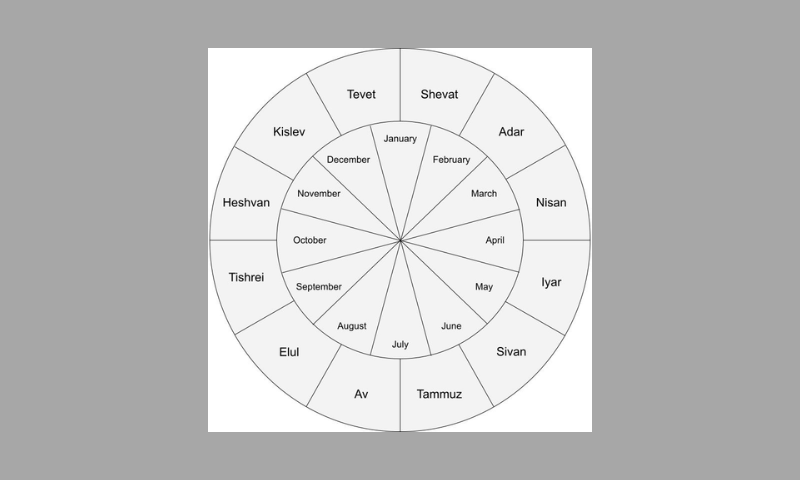Ruth R. Wisse
WSJ, Sept. 21, 2023
“The Peretz-like skeptic who discredits supernatural belief is won over by the act of human kindness performed anonymously and in secret—by Judaism’s humanistic, humanitarian ethic.”
In the Hebrew calendar, the 10-day period beginning with Rosh Hashanah, the Jewish New Year, and ending with Yom Kippur, the year’s holiest day, are called Yamim Noraim, the “Days of Awe.” During this time—which began this year on Sept. 16—our reckoning before the Supreme Judge is so fearsome that the very fish are said to tremble in the seas.
This intense concentration on one’s regrettable actions can often inspire a resolve for teshuvah, or return, in this case from one’s iniquities. Since modernity seemed to lead Jews inexorably from religious faith to secular humanism, this time presented an opportunity to encourage Jews who had strayed from the path to return to the traditional way of life. The term ba’al teshuvah came to refer to one who had reassumed the historically sanctioned habits of Jewish observance.
But things aren’t always as they seem.
One of the best-known stories about this penitential period, set in a small town in Eastern Europe, features a Hasidic rebbe who is in the strange habit of disappearing every year during these days of judgment when his congregants most require his presence. “Where could the rebbe be?” Where else, they conclude, but in heaven, interceding on their behalf at God’s holy throne.
One year, there arrives in town a skeptic determined to learn the truth. Hiding under the rebbe’s bed, and sensing him rise in the middle of the night, he peeks out. The rebbe dresses in peasant clothing, girds himself with rope and axe, and makes for the forest. There the skeptic watches as the rebbe chops and binds branches for firewood, and then goes to the home of a poor widow at the outskirts of town. Still in disguise, the holy man lights the woman’s fire and assures her that he can wait for payment.
… [To read the full article, click here]


